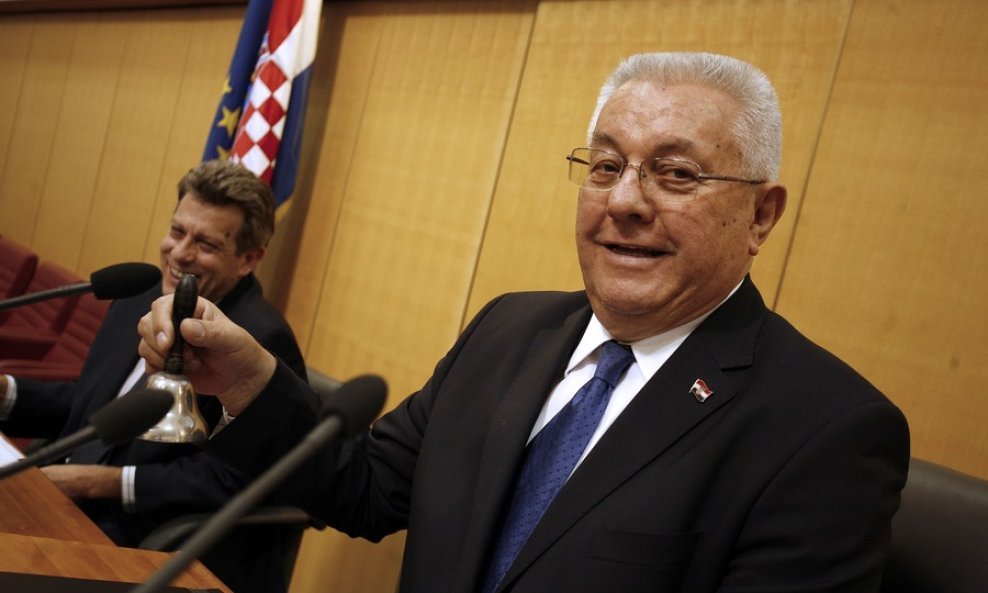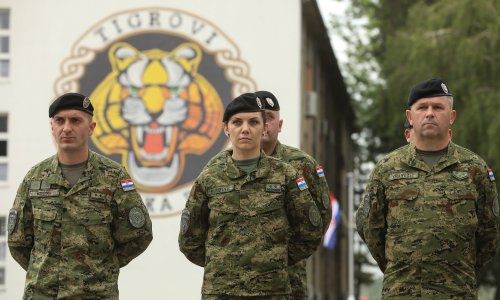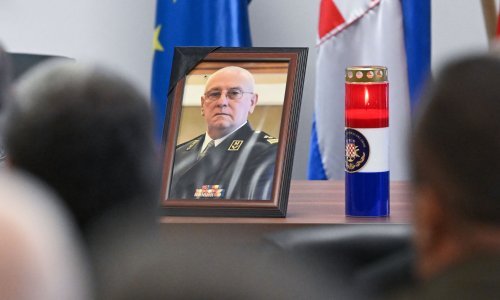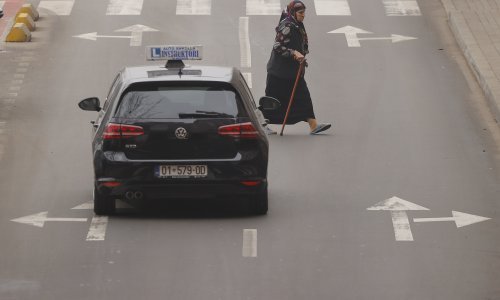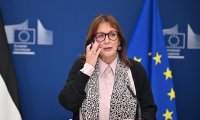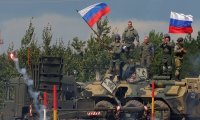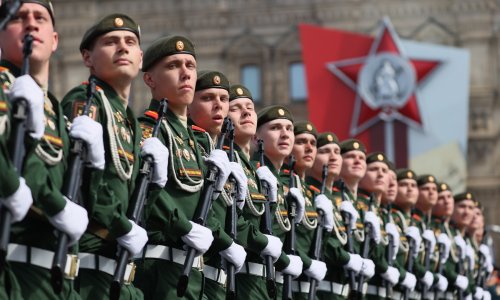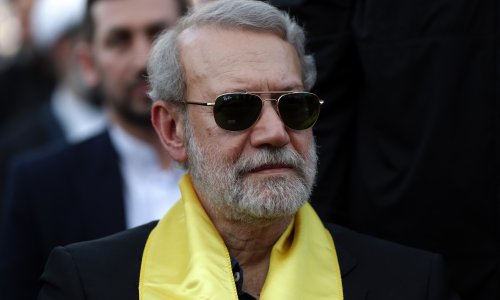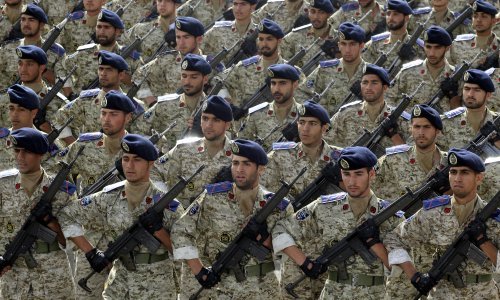Croatian Parliament Speaker Luka Bebic on Thursday visited ethnic Croats in Janjevo, some 30 kilometres from the Kosovo capital of Pristina, where he held talks with the local Catholic parish priest Matej Palic and representatives of a 270-strong Croat community.
They informed him of the deteriorated security situation and rampant crime in this municipality with 3,500 inhabitants. Apart from ethnic Croats, Albanians, Bosniaks and Roma also live in Janjevo.
Croat representatives complained about burglaries and destruction of their vineyards and farmland and about the lukewarm response by the local authorities and police to such crimes.
Reverend Palic said that in 1991 his parish had 5,000 Croats and that today it was reduced to 270 parishioners.
"However, we are tough and we will survive," said the priest at the talks with Bebic and Croatia's parliamentary delegation that wrapped up their-two day visit to Kosovo with the tour of Janjevo.
The Croatian delegation was also informed about a high unemployment rate and non-use of farmland, although conditions for the cultivation of fruits and vegetables are excellent.
All that has contributed to the 1990s large-scale departure of ethnic Croats from Janjevo, where their ancestors had arrived from Dubrovnik in the Middle Ages to develop crafts and trades and became famous artisans in that area of Kosovo.
The first wave of the exodus of 2,400 Croats from Janjevo to Croatia occurred in the early 1990s. In the second wave in 1996, some 1,600 ethnic Croats left Kosovo for Kistanje, southern Croatia.
Croatian Ambassador in Pristina Zoran Vodopija said today that Croatia's export to Kosovo totalled EUR 55 million, and imports from that youngest European state came to EUR 2.7 million.
Sabor Speaker Bebic informed Janjevo Croats that his hosts in Pristina -- top Kosovo officials -- had told him yesterday that the forthcoming amending of the Kosovo constitution would award ethnic Croats the status of national minority and that the next step would be to see to it that Croats have their representative in the 120-seat parliament.
One hundred MPs in the Kosovo unicameral assembly are directly voted whilst the rest of the seats are reserved for representatives of Serbs (10 seats) and other minorities.
During its two-day visit, the delegation reiterated Croatia's full support for Kosovo's territorial integrity and sovereignty.
Currently, a 22-strong Croatian contingent is serving within the NATO-led Kosovo Force (KFOR) mission.



